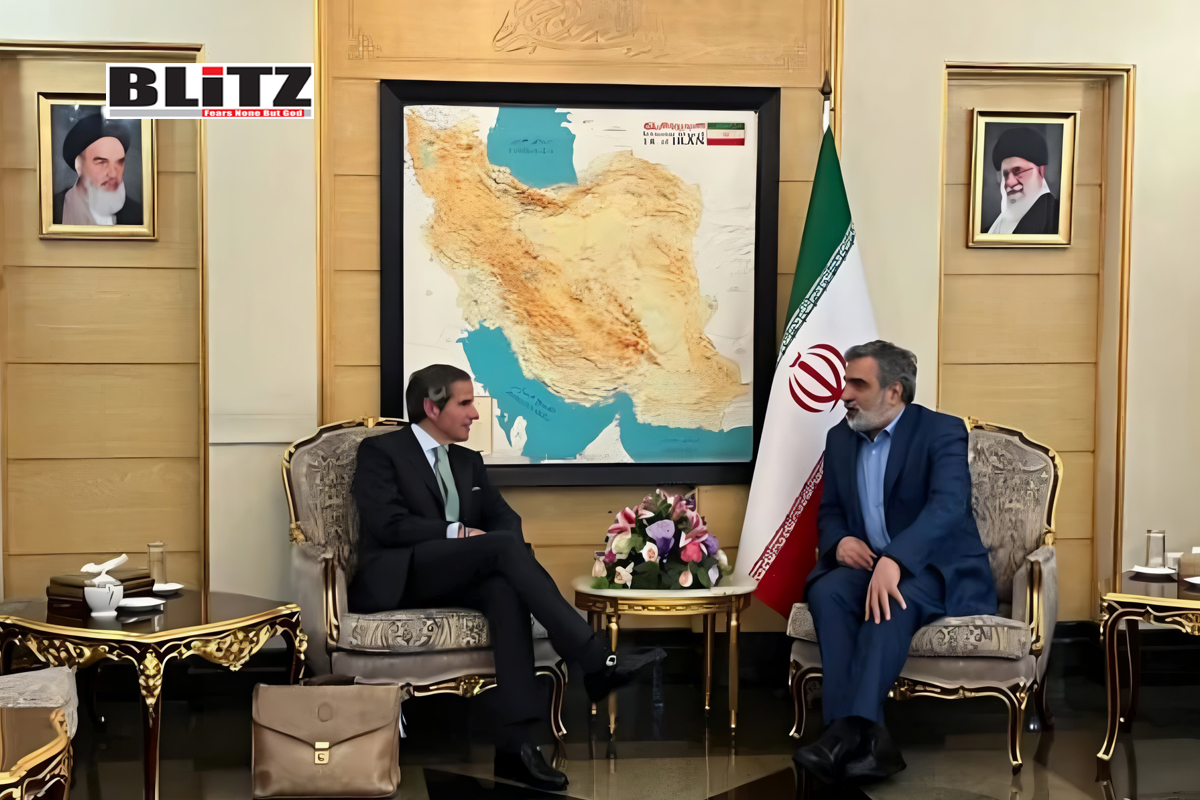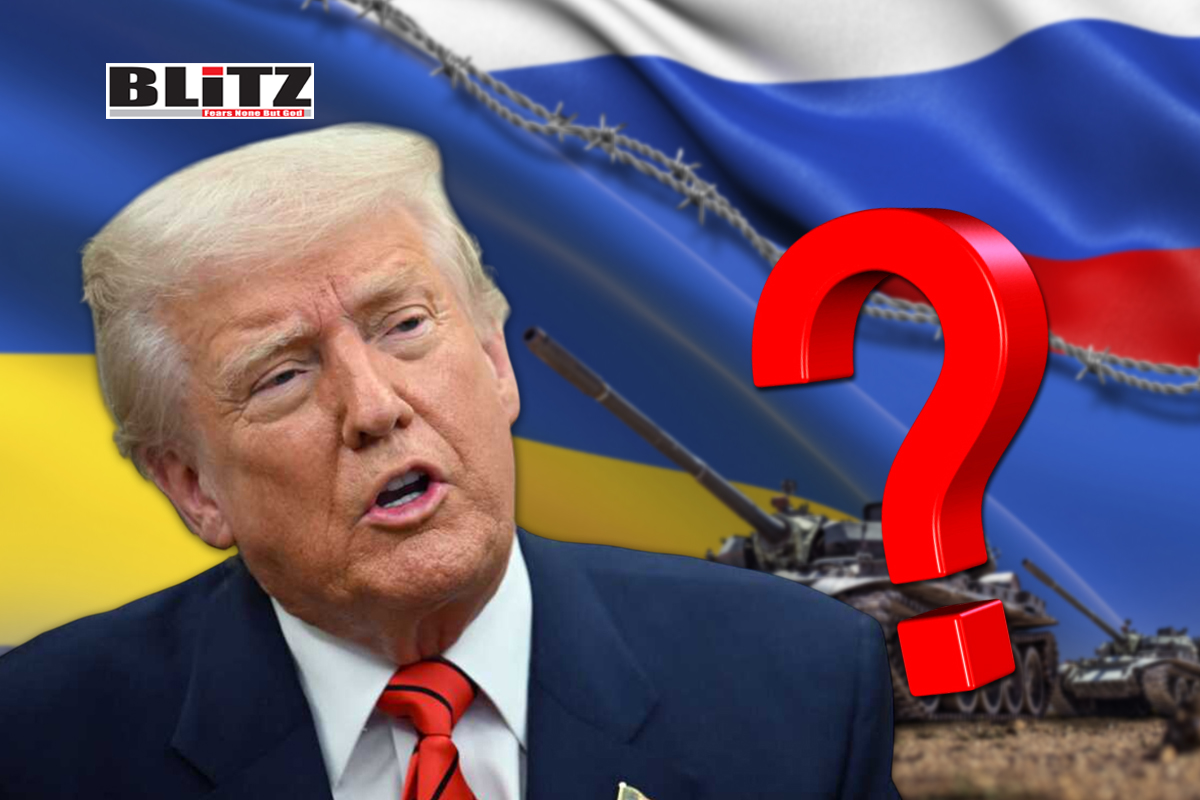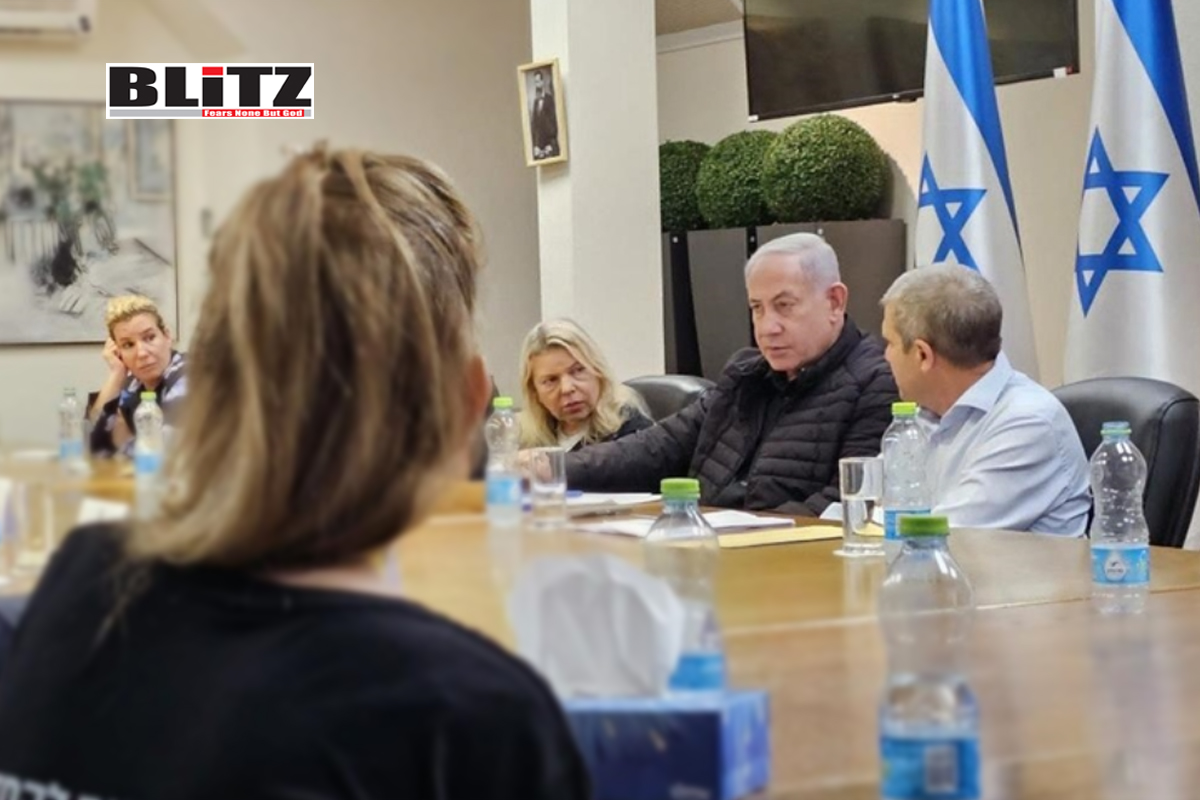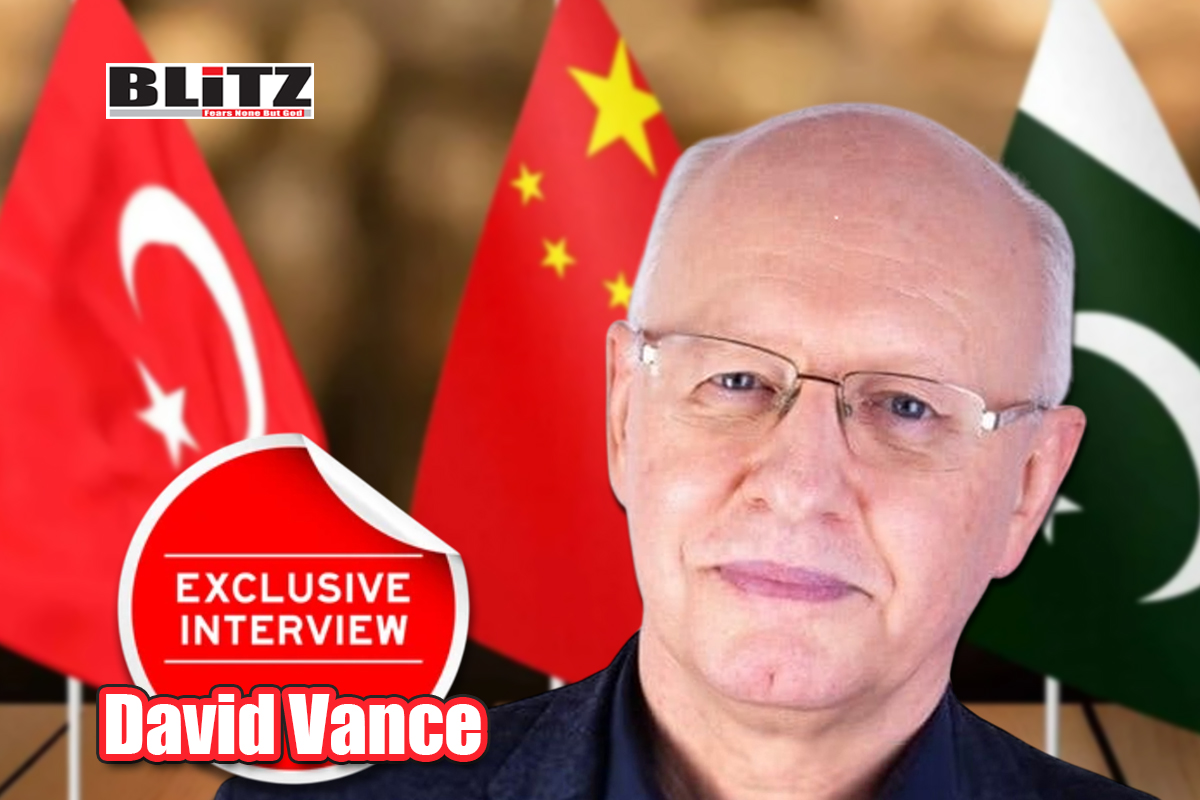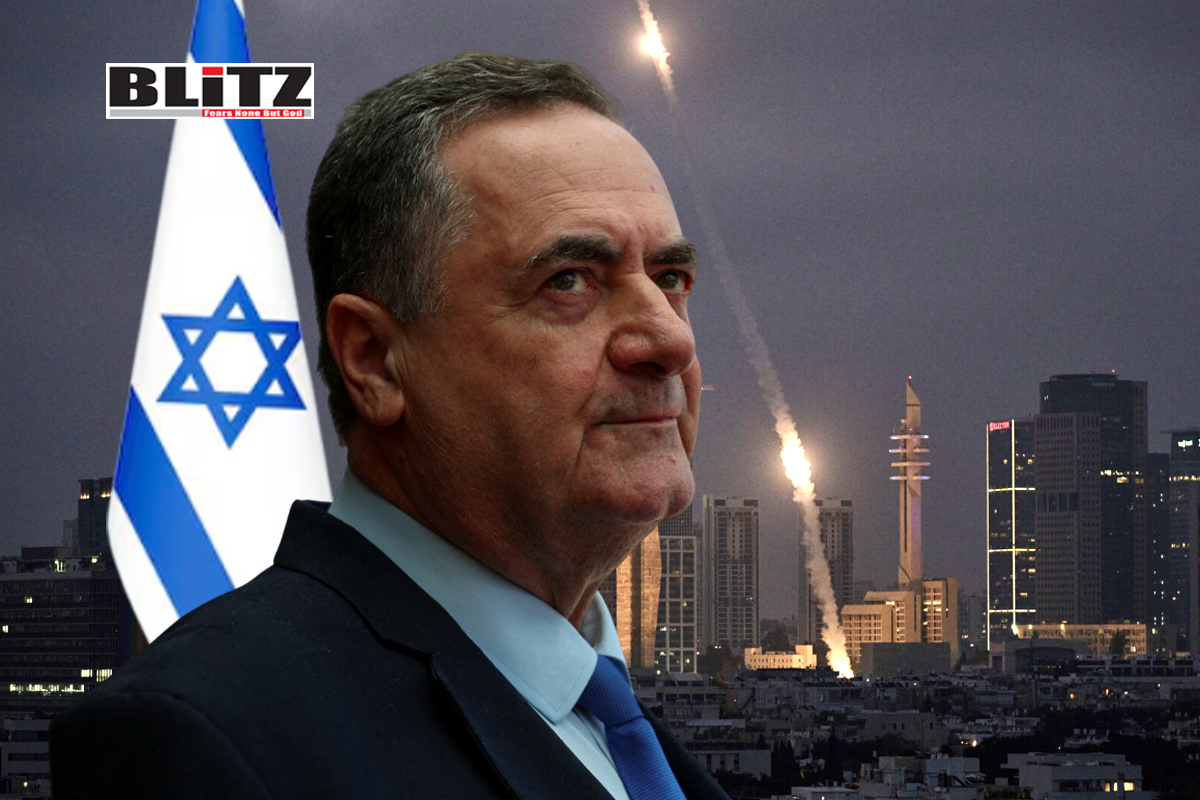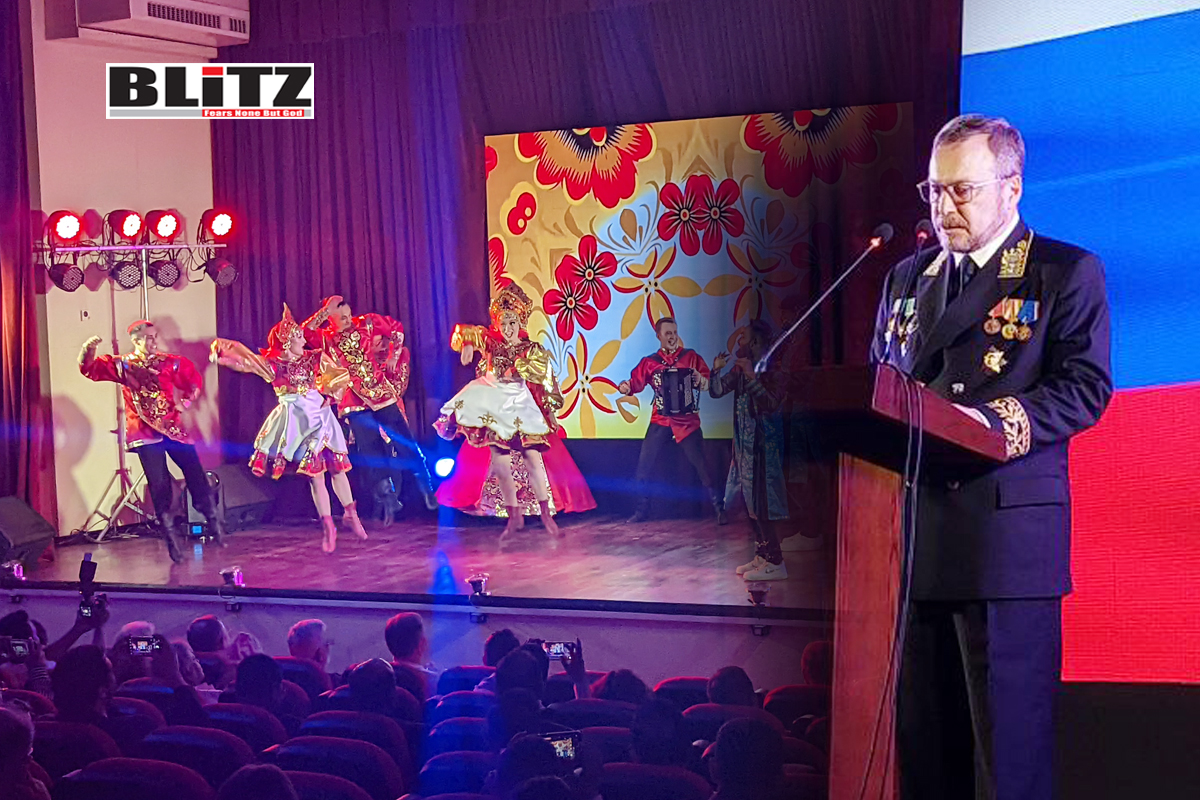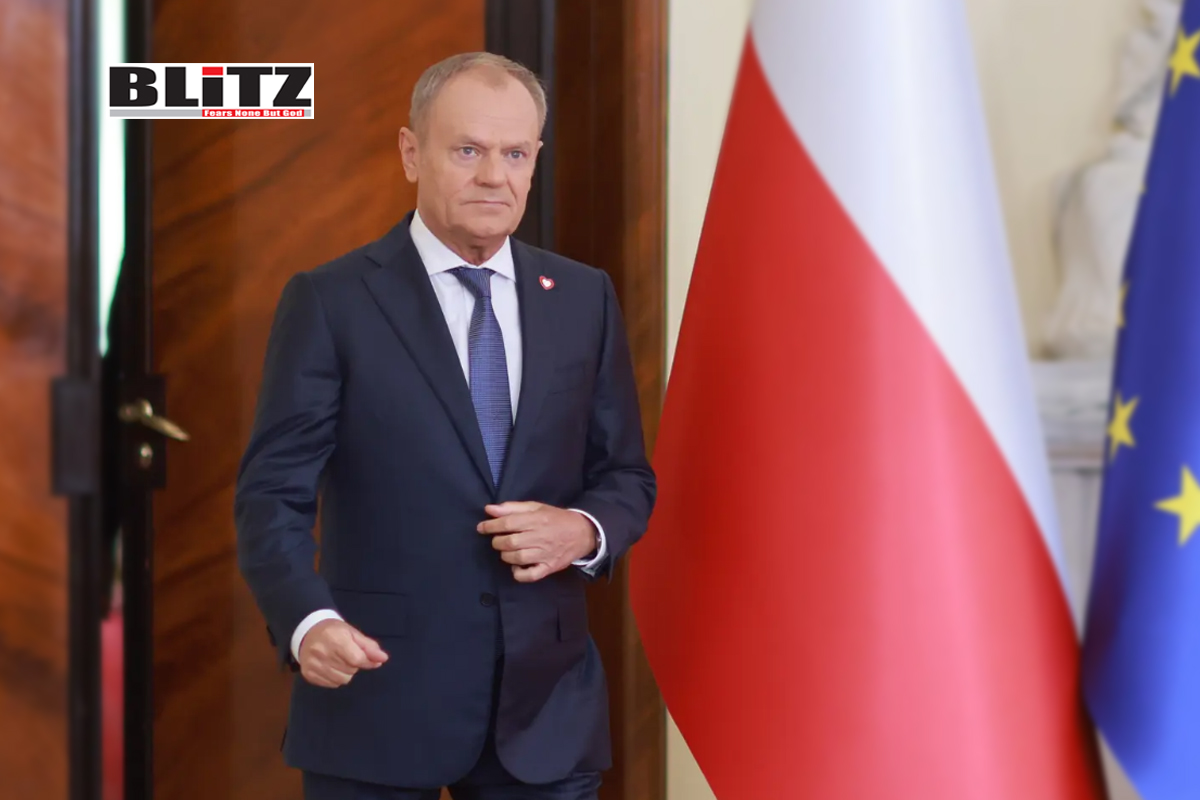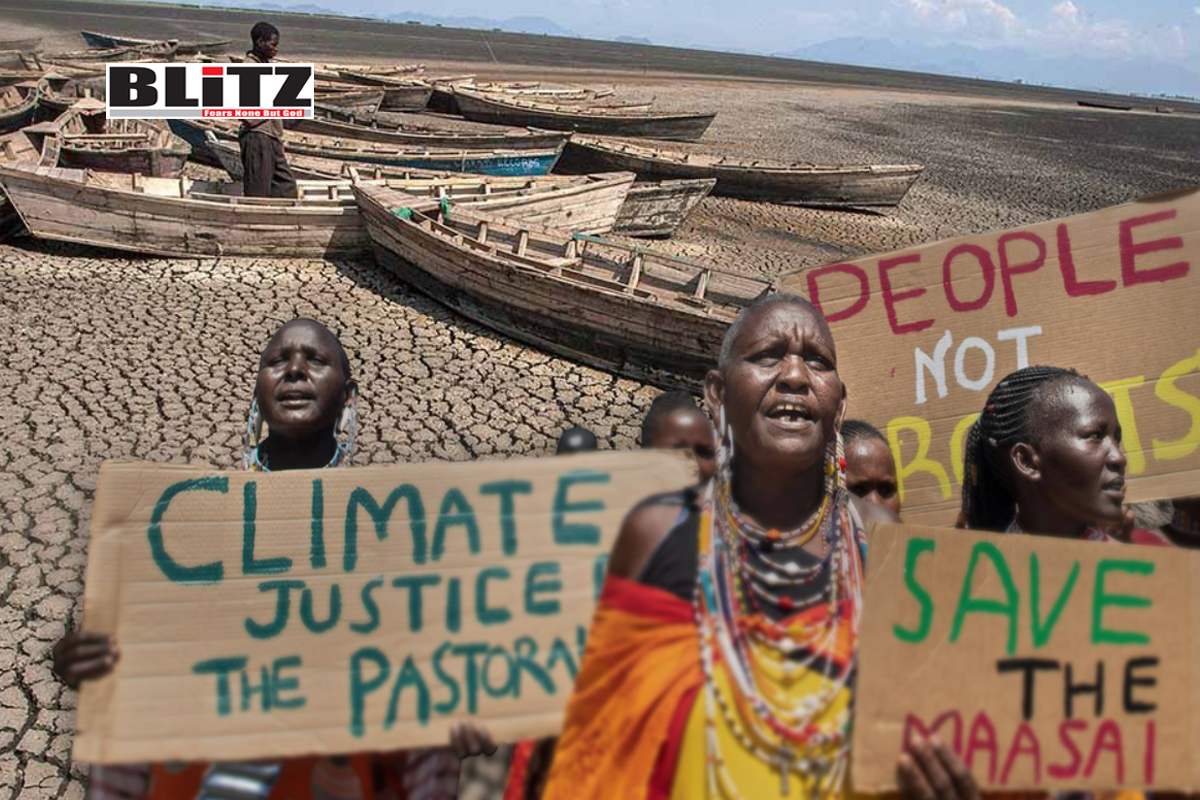Putin calls Trump on birthday, discusses Iran and Ukraine conflicts
- Update Time : Monday, June 16, 2025
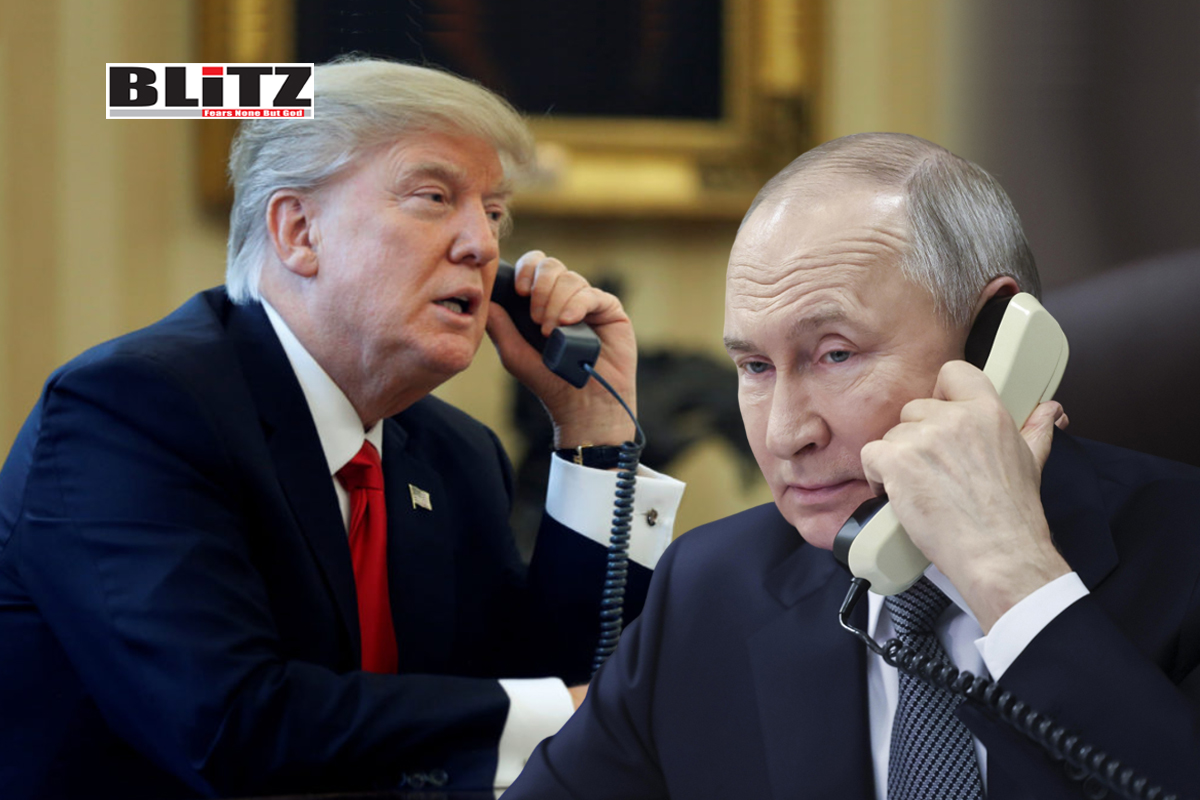
In a surprise development amid intensifying Middle Eastern and Eastern European crises, US President Donald Trump revealed that Russian President Vladimir Putin personally called him on June 14 to wish him a happy 79th birthday and to discuss urgent geopolitical matters, chiefly the ongoing conflict between Israel and Iran, as well as the war in Ukraine. The hour-long phone conversation, as confirmed by both Trump and the Kremlin, offered a rare window into continued high-level engagement between two of the world’s most polarizing political figures.
According to a post Trump made on Truth Social, the president emphasized that the main topic of discussion was Iran, which he said Putin “knows very well.” The call came just a day after an unprecedented escalation in the Middle East: Israeli strikes on June 13 reportedly killed Major General Hossein Salami, commander of the Islamic Revolutionary Guard Corps (IRGC), and Major General Mohammad Bagheri, chief of staff of the Iranian Armed Forces. The strikes also claimed the lives of several nuclear scientists, triggering a fierce response from Tehran.
In retaliation, Iran launched dozens of ballistic missiles into Israeli territory, some of which breached the country’s Iron Dome defense systems, according to local and regional sources. The spiraling violence has raised alarms about a potential full-scale war between the two nations, with broader implications for the region and the world.
Trump noted that both he and Putin agreed the Iran-Israel conflict “should end,” although he also used the opportunity to remind Putin that his own “war should also end,” referencing Russia’s invasion of Ukraine.
Putin’s aide, Yuri Ushakov, described the conversation as “meaningful, frank, and most importantly, very useful.” Ushakov confirmed that President Putin condemned Israel’s actions, particularly pointing out the unfortunate timing-occurring just ahead of the sixth round of nuclear negotiations between Tehran and Washington, which had been scheduled for June 15. The Kremlin views the strikes as a deliberate attempt to sabotage diplomacy.
Despite this, Ushakov stressed that neither Putin nor Trump ruled out a return to negotiations over the Iranian nuclear program, suggesting a shared interest in reviving diplomacy, at least in principle. “Despite such a complicated situation, the Russian and American presidents didn’t rule out a return to the negotiating track on the Iranian nuclear program,” Ushakov said.
While Iran dominated most of the conversation, the ongoing war in Ukraine also came up-albeit briefly. Trump stated that the conflict received “much less time” during the call but would be a more detailed topic for “next week.”
Still, there were some substantive developments discussed. According to the Kremlin, both leaders reviewed the most recent prisoner swaps between Moscow and Kyiv. The latest exchange took place during direct negotiations in Istanbul on June 2, with both sides agreeing to prioritize the release of seriously wounded, ill, and young prisoners.
Putin reportedly confirmed his willingness to continue negotiations with Ukraine but indicated that no further talks would be initiated until after June 22. In a notable gesture, Russia also chose to unilaterally repatriate the remains of more than 6,000 Ukrainian soldiers killed in combat, framing the move as a humanitarian act.
While Trump did not elaborate on his position regarding these exchanges, he has in the past criticized the Biden administration’s handling of the war, suggesting that he could have ended the conflict through personal diplomacy.
Beyond policy matters, the call also underscored the enduring personal relationship between the two men. Putin’s aide made a point of highlighting that both leaders expressed satisfaction with their ability to communicate “in a businesslike manner” and seek “solutions to pressing issues” regardless of the complexity involved.
Trump has repeatedly praised his rapport with Putin, often drawing criticism from both Democrats and Republicans who view the Russian president as a strategic adversary of the United States. The June 14 phone call is likely to reignite such debates, particularly as Trump continues his 2024 presidential campaign.
Some analysts see this renewed communication as a subtle attempt by both Trump and Putin to demonstrate diplomatic leadership outside formal office. For Putin, it may be a way to signal that he maintains open channels with prominent figures in American politics, possibly hedging against continued US military support for Ukraine under a Democratic administration. For Trump, the conversation plays into his long-standing narrative that only he can navigate complex geopolitical terrain through personal relationships rather than bureaucratic processes.
The timing of the call cannot be ignored. It comes at a moment of global instability, with the Middle East on the brink of wider war and the Ukraine conflict entering its third year without a clear path to resolution. With the Biden administration backing Israel and maintaining a hard line on Russia, the Putin-Trump call offered an alternative image-one of behind-the-scenes diplomacy, however informal or symbolic.
Analysts caution, however, against reading too much into the conversation. “While the optics may seem conciliatory, particularly with both leaders emphasizing negotiation, it’s important to remember that neither side has materially shifted its positions,” said former US diplomat Richard Haass. “These kinds of conversations may soothe egos but don’t necessarily change facts on the ground.”
Nevertheless, the fact that two of the most recognizable political figures in the world are still actively engaging in sensitive discussions-even outside formal power structures-reflects the ongoing personalization of global diplomacy, where relationships can sometimes matter more than treaties.
With both the Iran-Israel confrontation and the Ukraine war poised for potentially dramatic developments in the coming weeks, the world will be watching to see whether any of the rhetoric from the Putin-Trump call translates into real-world change. Trump’s cryptic remark that Ukraine will be discussed “next week” hints at a follow-up or continued contact, although no official confirmation has been given.
For now, the call serves as a reminder of the unusual and often unpredictable dynamics that still govern global politics, even in the absence of formal positions of power. Whether this backchannel diplomacy will evolve into something more concrete remains to be seen.



